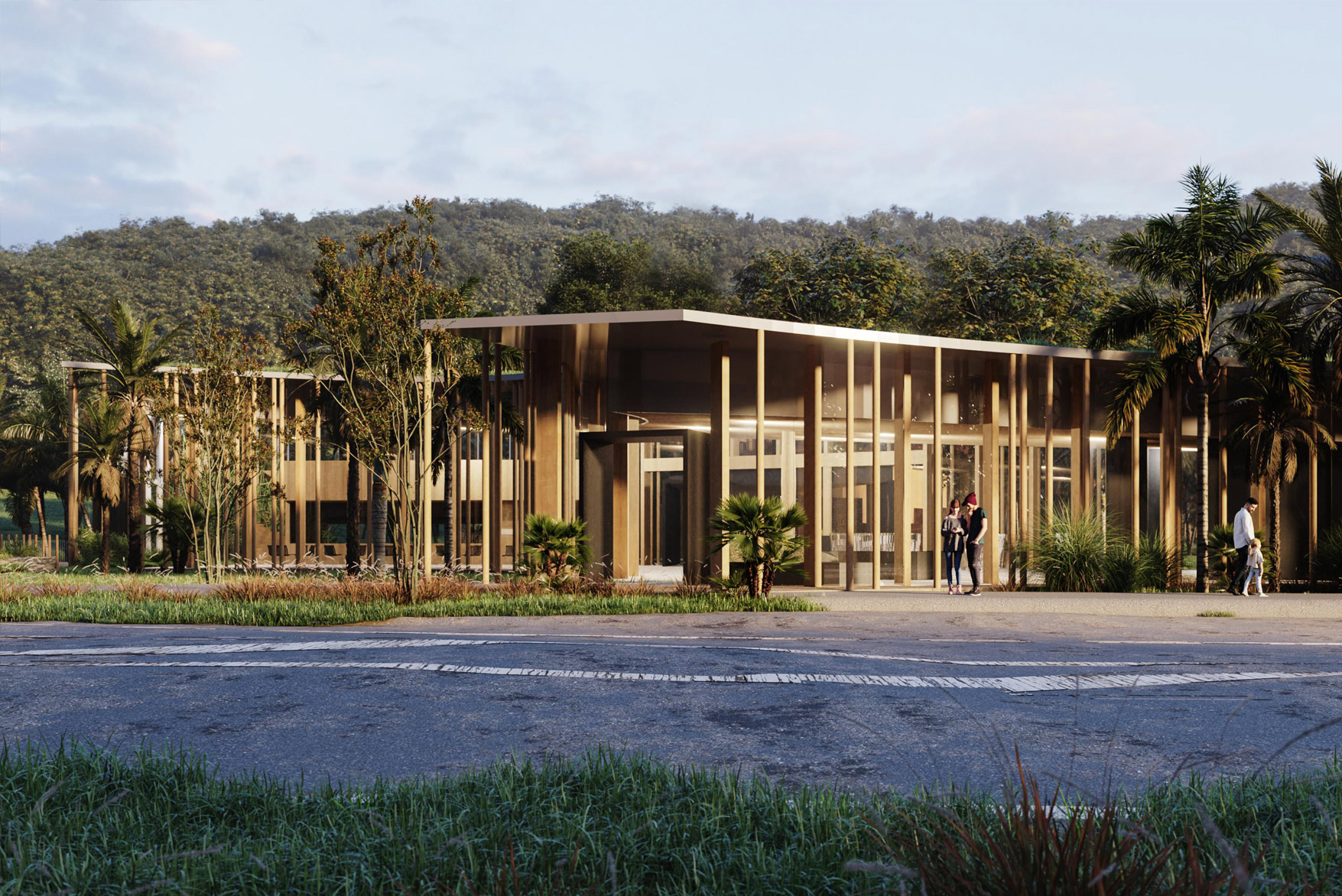Dolomite Point Redevelopment is a landmark project for Te Tai Poutini, which delivered a significant modernisation of visitor facilities and infrastructure at Dolomite Point. Through this work an outstanding and enduring visitor experience, reflecting the identity of Ngāti Waewae and the wider archaeological and conservation values was established.
The overall purpose of the project was to:
- Secure and future-proof the visitor experience of an ‘anchor’ tourist site on the West Coast with consequential economic benefits for the community.
- Create opportunities and a compelling cultural footprint for Māori via the establishment of the new Experience Centre and Exhibition Space and its associated offerings.
- Share the cultural history of the area and support the aspirations of Ngāti Waewae by working together to establish fit-for-purpose visitor facilities and outstanding visitor experiences.
- Minimise any impacts on the natural environment by keeping geological features such as dolines intact, retaining as much of the existing indigenous vegetation as possible and keeping lighting to low levels.
- Enable opportunities for environmental protection via proactive management of visitor impacts.
- Strengthen social/community outcomes and connectivity via integration with the Greater Punakaiki Master Plan process, community aspirations and the creation of pedestrian/cycle lanes that link to key Punakaiki features.
Boffa Miskell Planners provided strategic advice and project management for the consenting process, advised the DOC on planning requirements, prepared the resource consent application for the project and liaised with Buller District Council and West Coast Regional Council through the consent process, as well as presenting expert witness evidence at the hearing.
Specialist inputs were included in consenting from our Landscape Planning and Ecology teams, as well as contracting and/or managing other consultants to deliver inputs for cultural, heritage, archaeological, geotechnical and transport engineering.
Boffa Miskell prepared an Ecological Impact Assessment and Landscape Planning Assessment to support the resource consent application. Resource consents were successfully obtained in 2021 and work is underway with the opening anticipated in late 2023.
This pivotal project for Punakaiki provides a cultural connection to the land, modern visitor facilities, and demonstrates a successful project resulting from Provincial Growth funding.

